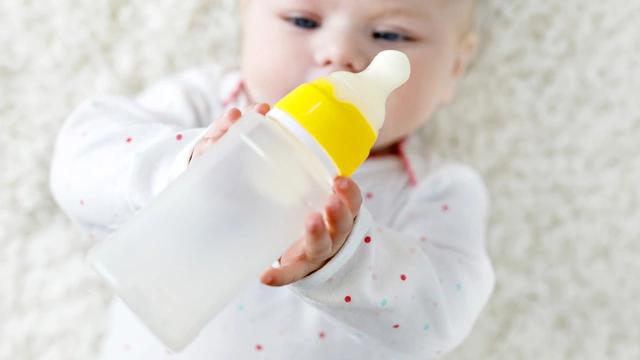The World Health Organization recommends breastfeeding until a child is at least 6 months old, and using only safe and healthy foods for complementary feeding. However, these rules are not fully implemented even in developed countries, which can have very unpleasant consequences for the child’s health.< /p>  11483
11483
Scientists from New Zealand decided to assess the extent to which childhood obesity is associated with meeting national nutrition guidelines for infants and young children, based on guidelines approved by WHO and other international health authorities. According to these guidelines, mothers should not give their children foods containing large amounts of salt, sugar and trans fats, and sugary carbonated drinks are also on the black list.
The authors of the work analyzed data from the national cohort study Growing Up in New Zealand involving more than 6.8 thousand women and their children born in 2008-2009. For nine months after birth, participants answered questions about the infant's health and nutritional habits, listing specific foods used for feeding. After 4.5 years, scientists collected data on the children's health, focusing mainly on each child's body mass index.
It turned out that only 2% of mothers strictly follow all feeding recommendations. About 15% follow half of them. The most important finding was that about a third of children whose parents paid the least attention to their healthy eating were at the highest risk of obesity at age 4.5 years and older. In particular, these children are 50% more likely to be overweight than other children, with a slightly higher risk for boys.< /span>
“These findings suggest the need for greater support for families, and even perhaps intervention, to encourage parents to follow recommended child feeding practices to reduce the rise in childhood obesity,” the study authors said.< /p>
